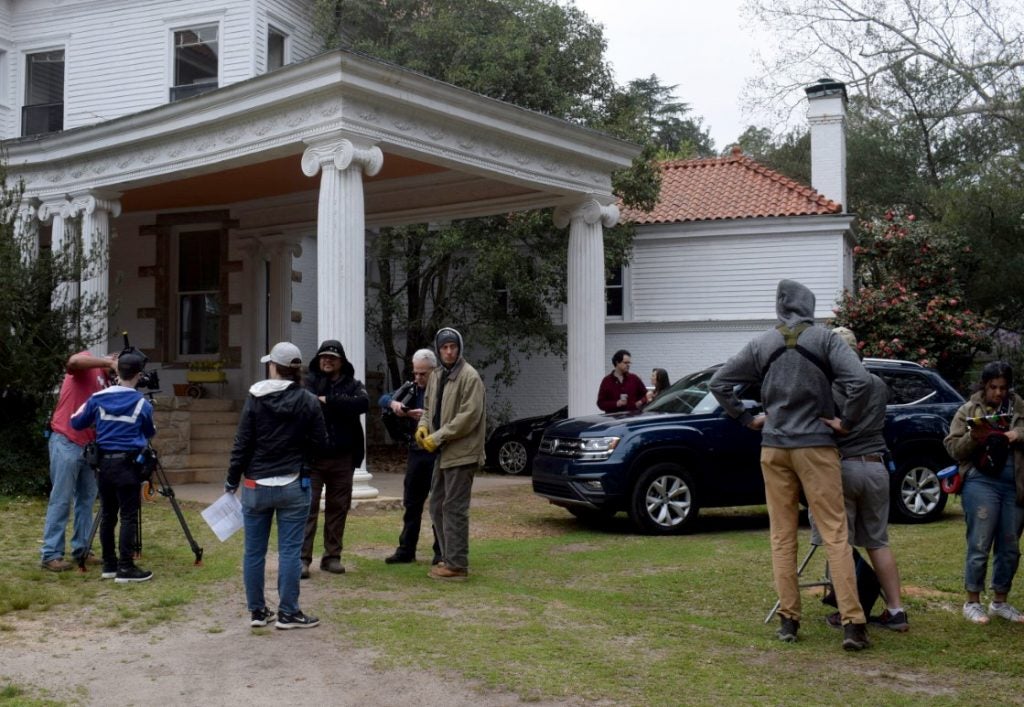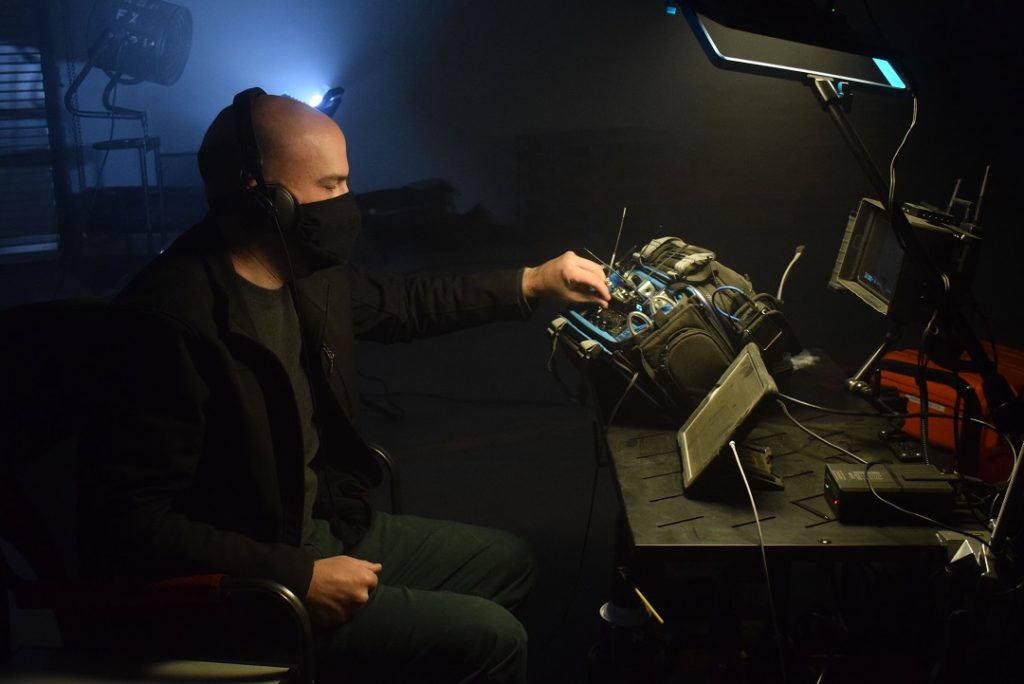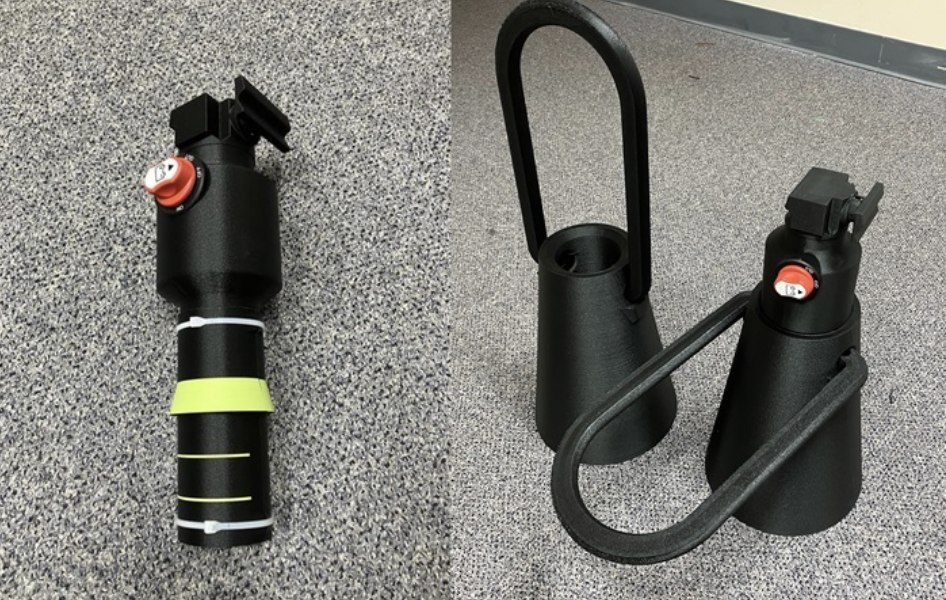Last month, Gov. Brian Kemp touted the $4.4 billion generated in Georgia this year by the film and television industries, stressing the economic impact of studios bringing production jobs and using local vendors.
The industry has been increasingly drawn to Georgia since it passed the Film Tax Incentive in 2008, offering eligible production companies a 20% base transferable tax credit for shooting their movies Georgia, with a minimum $500,000 investment.
Augusta has enjoyed an uptick of projects filmed locally with Clint Eastwood shot parts of his film “The Mule” in town in 2018, and Warner Brothers brought the “Suicide Squad” production in 2019. Jennifer Bowen, film liaison with the Film Augusta, notes that while Atlanta and Savannah see the most economic impact from Georgia’s film industry boom, Augusta is catching up.
“As the industry grows in our state, they are beginning to realize that, yes, this does apply in the rest of the state,” said Bowen.
MORE: Former Augusta University vice president settles with university
Not only are producers and studios noticing that Georgia’s tax credits aren’t limited to two cities, but that other cities—like Augusta—can make production costs even lighter, especially for smaller or independent films, usually budgeted about $1 million to $5 million.
“They can come to Augusta and be a big fish in a little pond, versus being trying to do that same size budget film in Atlanta, where they’re competing against multimillion dollar films,” Bowen said.
Rather than wrestling with the quantity of big budget films produced in the Atlanta metro area, smaller productions can have a much easier time doing business in Augusta.
Bowen also mentions that the city has a wide variety of architectural styles that can be made to look like almost any setting.

“We had Eighth Street also look like France,” she said, referring the recent Mel Gibson thriller “Agent Game,” which was shot in Augusta, Evans and Thomson last year. “We looked like Washington, D.C. for the famous shootout scene.”

Out of the $4 billion generated from film productions in Georgia last year, $3.18 million was in Augusta, according to Film Augusta’s 2021 report.
Another plus for producers in Augusta is that the city has the labor infrastructure to support at least one major film production a year. In 2021, the Garden City was host to several projects, including independent film “The Hill,” and Discovery Channel series “Getaway Driver.”
When a film production is in Augusta, it’s usually by a production company from out of town bringing new money to Augusta, hiring local crew from companies like IndieGrip. They’re then paying local employee wages, hiring caterers who are then shopping in local grocery stores, pumping their gas at local gas stations.

“They are spending money in local retail shops, they’re putting money into thrift shops like the Goodwill and the Salvation Army where they’re looking for props and decorations and things,” said Bowen.
The Association of Film Commissioners International, or AFCI, of which Film Augusta is a member, notes “economic multipliers” as means to measure impact from a production more accurately. The money a company spends is the direct impact; then there is indirect impact, such as the money paid to the caterers, and the grocery stores.
Then, there is the induced impact, “in the fact that everyone employed by the film will be making purchases in your community,” according to AFCI’s website.
“Each community, though, could be different,” said Bowen. “It could only turn over twice, it could do more than three times, but as a general rule three is a good number to say that the dollar turns over once it’s spent by a film production in your community.”
Skyler Q. Andrews is a staff reporter covering business for The Augusta Press. Reach him at skyler@theaugustapress.com.











